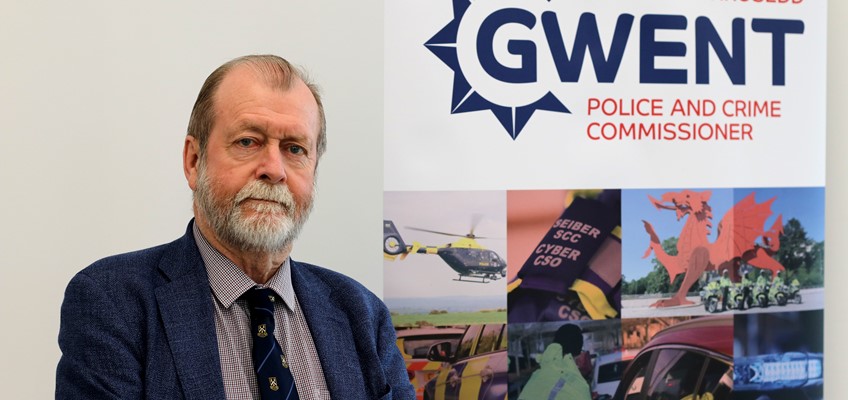Anti-social Behaviour Awareness Week 2023
Police and Crime Commissioners are elected to be the community’s voice in policing. Our communities tell us that anti-social behaviour matters.
It matters because it affects people’s everyday quality of life. It matters because, left unchecked, antisocial behaviour can escalate into more serious crime. It matters because it can harm our children’s futures.
We know that policing anti-social behaviour is not easy. All police forces are stretched like never before and when police officers make responsive decisions based on threat, risk and harm, most anti-social behaviour incidents are not going to be a high priority.
But we as Police and Crime Commissioners must ensure that anti-social behaviour is not neglected. We must ensure that our communities are heard. This is why tackling anti-social behaviour cannot be left to policing alone. And this is where we as Police and Crime Commissioners can make a real difference.
Many of the underlying issues which can lead to anti-social behaviour - things like poor housing, alcohol and drug abuse, and social deprivation - require a partnership response. That is why I am pleased that the UK Government have recognised this through its new Anti-social Behaviour Action Plan.
Among many of the aspects of the plan there is a renewed focus on Hotspot Policing and Immediate Justice for offenders and victims. This is alongside a commitment to investing in youth work, and a focus on drug use.
As Police and Crime Commissioners we are ideally placed to bring the right partners together to try and tackle these issues. For example, PCCs in pilot areas across England and Wales have been given over £2m each to invest in the Hotspot Policing and Immediate Justice parts of the plan, and are piloting these interventions now. I look forward to receiving the results of these pilots and seeing how we implement their results locally from next year.
Much of this work needs to be carried out with our Community Safety Partners through local Community Safety Partnerships. There are many changes coming in relation to Community Safety in England and Wales in the coming year. The Home Office has consulted on whether to strengthen the links between PCCs and Community Safety Partnerships, with potential new powers for PCCs, which would directly impact on local ASB responses. This is in advance of more fundamental reforms expected in 2025. We await further details of what this looks like, but I am very clear that any changes must provide positive benefits to the communities of my area in Gwent and Wales overall.
In my role as the Association of Police and Crime Commissioners lead for Local Policing, I am heavily involved in influencing this work, and am also linking in with Welsh Government, WLGA and the Wales Safer Communities Network, to ensure our voice is heard.
In Wales we have an advantage. We also have the Wellbeing of Future Generations Act which enshrines partnership working between public bodies in policy. I introduced this Bill when I was a Welsh Government Minister and I remain incredibly proud of it. The power of partnership working is key and to support this work we must listen to our communities.
Within Gwent for example lie vast areas of countryside, small valleys communities, busy towns and one of Wales’s largest cities. We have areas of high affluence and of extreme poverty. What our residents see as anti-social behaviour can look very different across these communities. A one size fits all approach does not work here. It is the local residents who are often the best placed to tell us what is needed in their areas.
This is why we work closely with our partners – in the police, local authorities, education, health and the charity and third sector - to fund local initiatives and community groups that offer diversionary and support services to people most at risk of engaging in anti-social behaviour. And we know that those most at risk are children and young people. To tackle the societal problem of anti-social behaviour we need to start at a young age.
By offering children and young people the chance to take part in activities, by giving them a safe space and a safe face in their communities, and by offering them support from adult mentors, we are helping to reinforce good behaviours and positive thinking. We are setting the groundwork that will enable them to have a happy and healthy future.
We will never eliminate anti-social behaviour entirely. We know this. But by working together we can make a real difference for our communities and build a better future for all.

